Living a long-term nomadic lifestyle is often over-glamorized and misrepresented. It can be a great thing for people who save up before taking the leap, but it can also be very stressful and lonely. Not many people talk about the downsides of this lifestyle, so I am going to be brave and share my honest opinions here. These are just my opinions, and, of course, I hope they help you prepare better and make a more informed decision for you. It is a personal thing and how much you enjoy nomadic travel depends on where you are in life, who you travel with, and how often you travel.
Yes, humans were nomadic for 99% of our history, but in the past 10,000 years we started to build houses and villages. There’s a good chance a majority of your family and friends are not nomadic and live in one place. Perhaps the most frustrating thing about this debate is that the most vocal nomadic people are biased. They say, “quit your job and travel the world, oh, and by the way, buy my course on how to do it.” If you are already shaking your head and don’t scroll any further, my biggest piece of advice is to just save up 6 months’ rent and have a backup fund ready just in case.
What is a nomadic lifestyle?
By definition nomadic is one who wanders, with no steady place they call home. In this article I’m talking about a long-term nomadic lifestyle of travel for over a year without a home base. Oftentimes a nomadic traveler does have stuff but leaves it at home with their parents, where they might crash or live in between trips, or they put all their belongings into a storage unit. If you can avoid a storage unit, do! Most of the things we would put in a storage unit are often things we do not need, if you can declutter, do it and save the money, especially cheap DIY furniture that often doesn’t move well. I found it much easier to sell or donate my things – like my bed and furniture – than to pay more than each piece was worth to move it and store it when I traveled.
11 reasons living and traveling nomadically sucks
1. Nomadic travel can be lonely.
Traveling solo is a great way to feel strong and independent and to be able to do whatever you want, when you want, but even the strongest of us get lonely at times. If you are constantly traveling and relying on yourself to be awake, navigate new paths, and make all the decisions, it can easily become exhausting. Certain destinations and types of hotels definitely make me feel lonelier than others. I have traveled to too many romantic honeymoon destinations by myself. Being surrounded by couples celebrating love and being a single solo traveler is a little sad.
I have tough skin, but one experience really impacted me. I was staying in a dreamy honeymoon spot and I was going to dinner at their on-site restaurant when the waiter made me feel extra alone. I don’t think he meant to be mean, but he started “two for tonight” and I responded it was just me. Then he continued to clear the other table setting and make jokes about how I was on a date with a parrot – there was a small parrot statue on the table. That really sucked. I did not like the feeling of being alone, being reminded I was alone at the beginning of a romantic multi-course meal, and then going back to a honeymoon suite by myself. I really do love traveling solo, but it’s inevitable to feel lonely at times. Certain places are easier to travel to solo than others, but sometimes all it takes is a stupid comment about a date with a parrot to make you feel lonely.
We often build personal communities living in one place so it feels extra lonely when you don’t see your family and friends in between trips.
2. Family and health emergencies can happen.
I have seen nomadic friends deal with their own life-threatening health emergencies or have a family emergency. Traveling back on a last-minute flight home for a family emergency can be so stressful and costly, but having an emergency fund is a crucial just-in-case.
3. Beware the time difference.
I am often traveling between different time zones and never know what day or time it is. Keeping track of the time and what time it is at home is exhausting. The worst part is when you are so far away that you are awake when your family or friends are asleep, and vice versa. This gives you only a small window of time to call home and connect with loved ones.
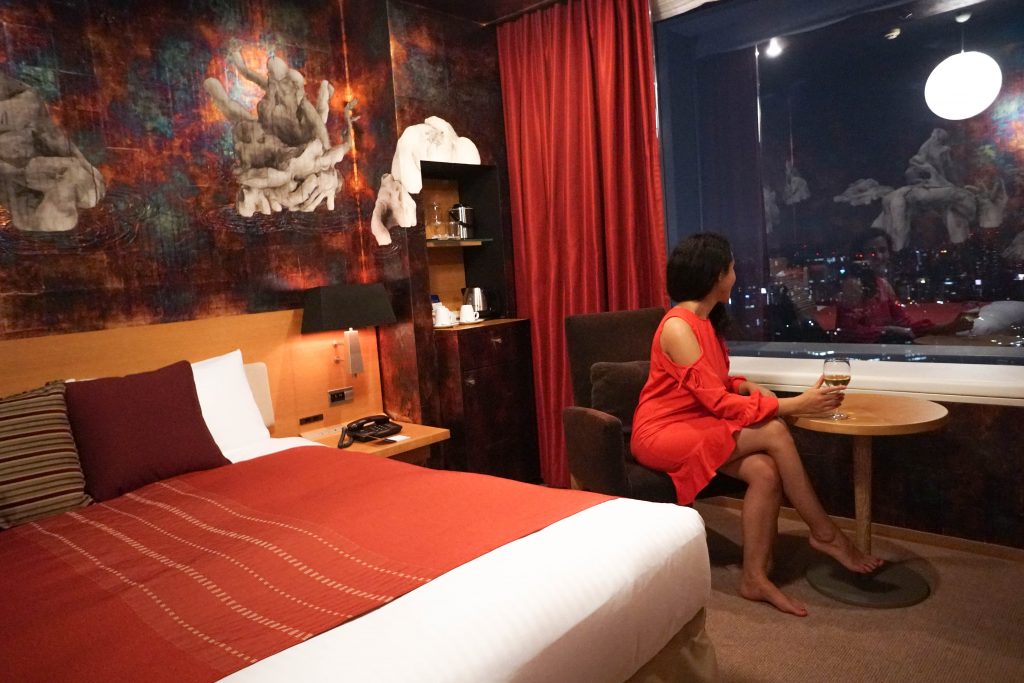
4. Having to rely on others.
Remember group projects in high school and how sometimes you had to do all the work or rely on others to do their part? Imagine the group project of nomadic travel, but no one is required to help you, and you have to rely on strangers occasionally to help you.
I do not love relying on others while traveling, but am often forced into situations where I have to. It could be as small as asking someone to help you take a photo or as big as being stranded in a new place with nowhere to sleep. Once I was traveling to San Francisco and there were almost no hotel rooms available because of a conference so I had to ask a friend who lived there who I had only met once while traveling for help. I asked if she could recommend where to stay; she was actually traveling at the time and offered for me and my friend to stay at her place and sleep in her bed! It was so kind of her – she saved my butt! Some travelers rely on couch-surfing, but I feel bad imposing unless I have no other options.
I try to plan ahead as much as possible, but sometimes planning ahead bites you in the butt too. At times I have planned out a multiple country trip and then had to leave a place I loved too soon and spend too much time in another spot I didn’t love as much.
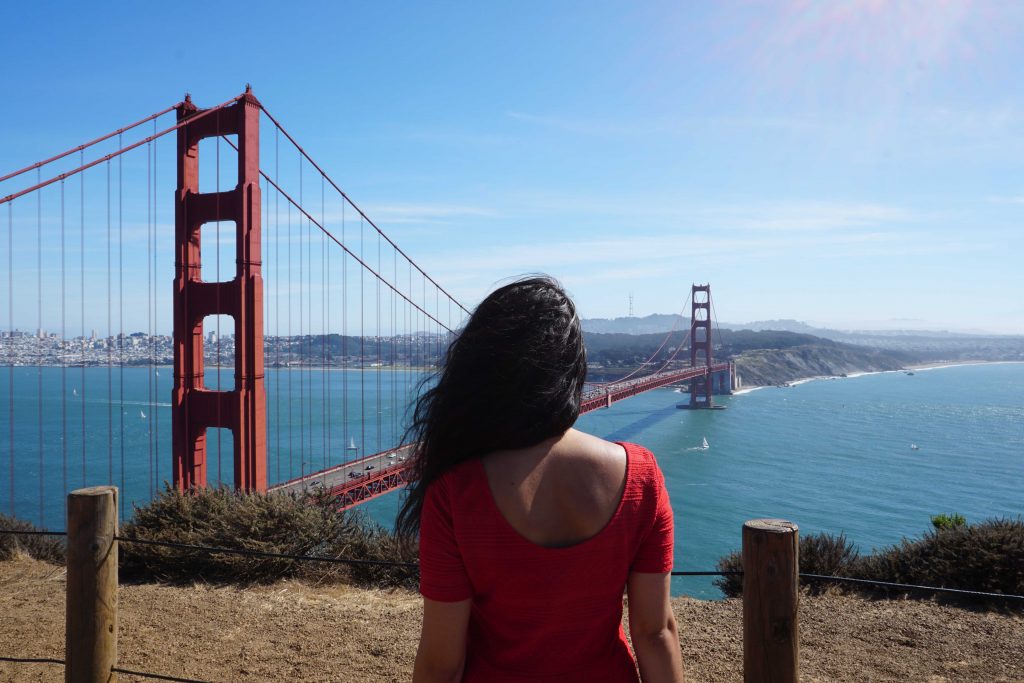
5. I miss my bed and my home.
I didn’t think this would happen to me, staying at some of the nicest places, but there’s something unique and comfortable about sleeping in your own bed in your own place. There’s nothing wrong with missing your bed!

6. It is harder to cook.
When I have time and groceries, I enjoy cooking. Most of my time on the road means that I forget to eat meals and end up eating granola bars. It is also hard to stick to a diet while traveling and it can be culturally insensitive to turn down a local meal because of your dietary restrictions. Food allergies are different, but can be hard to communicate in another language. I recommend you learn the words for what you are allergic to and the word allergy in another language just in case or have a photo of it on your phone.
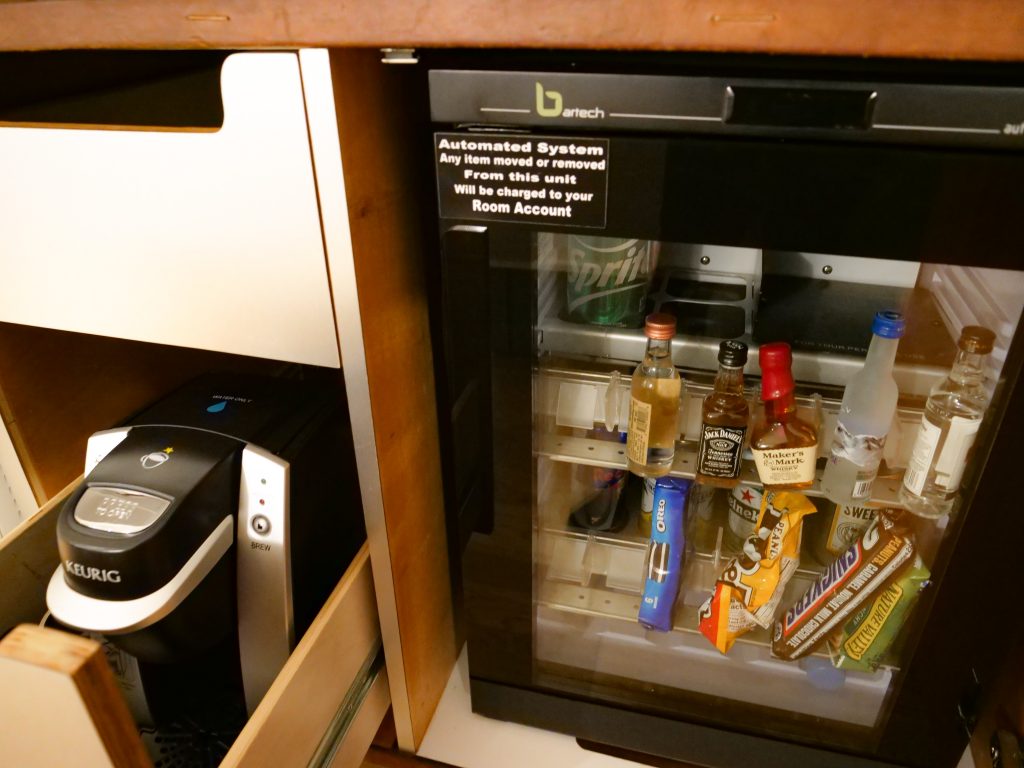
7. Embracing the unknown.
Nonstop travel comes with a lot of unknown. I am actually more ok than most with a good amount of unknown, but after a year and a half of the unknown I have hit my limit. Having the stability of a home base and knowing certain things you can always rely on is nice.
8. It is hard to get mail.
Receiving mail is super tricky. If you’re constantly moving you might have to rely on your family or friends to receive your mail and, if it’s important, open it and send it to you wherever you’ll be next. If things get lost or delayed in the mail, I have had to rebuy things in other countries that are not the same and more expensive. Now I have even had nomadic friends asking me to receive things at my house. Mail can be stressful not only for the person who doesn’t have a place to send it but also to the person receiving it.
9. Reliable working conditions.
You don’t know how good your Wi-Fi is until you lose it. When you are working in other places all around the world, the Wi-Fi standards can be much lower and slower than what you are used to, preventing you from working as fast as you want to. I’ll never forget when I was traveling on a cruise and trying to upload a YouTube video at 8am that didn’t finish processing until about 12 midnight!

10. No routines.
Some routines and habits can be super healthy. When I am constantly on the go it is easy for me to forget my daily routines and habits. For me, I kept forgetting to floss and I lost good habits. I now go to the dentist two times per year to be more on top of my dental health.
11. No home base.
When no place feels like home and you don’t have a home base to go back to, it’s hard to relax and refocus in between trips. There’s a lack of stability that having a home base can provide.
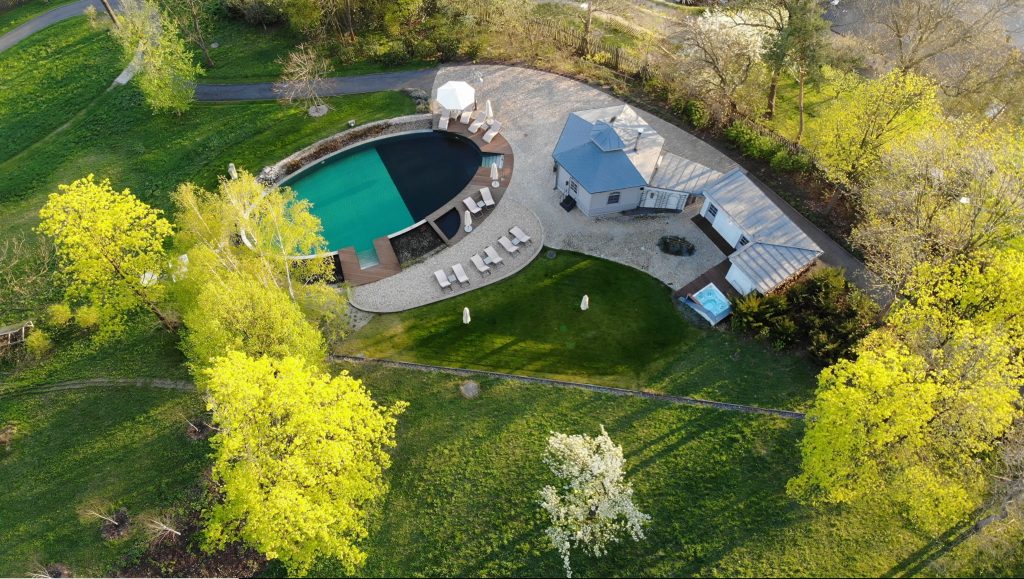
I still travel now but having a home base makes all the difference for me. Again, different people might have different preferences, it all depends on the person. I hope this helps inform you and prepare you before you take the leap. Please, before you just quit that job for a nomadic life, save up 6 months’ rent and have a backup fund ready just in case.
PIN IT:

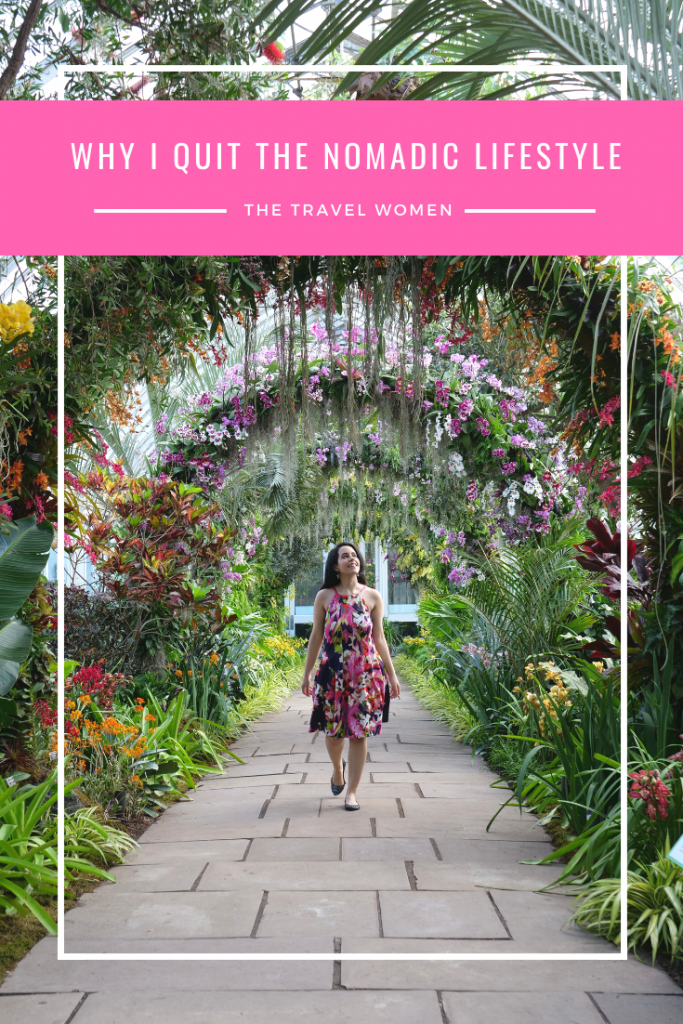
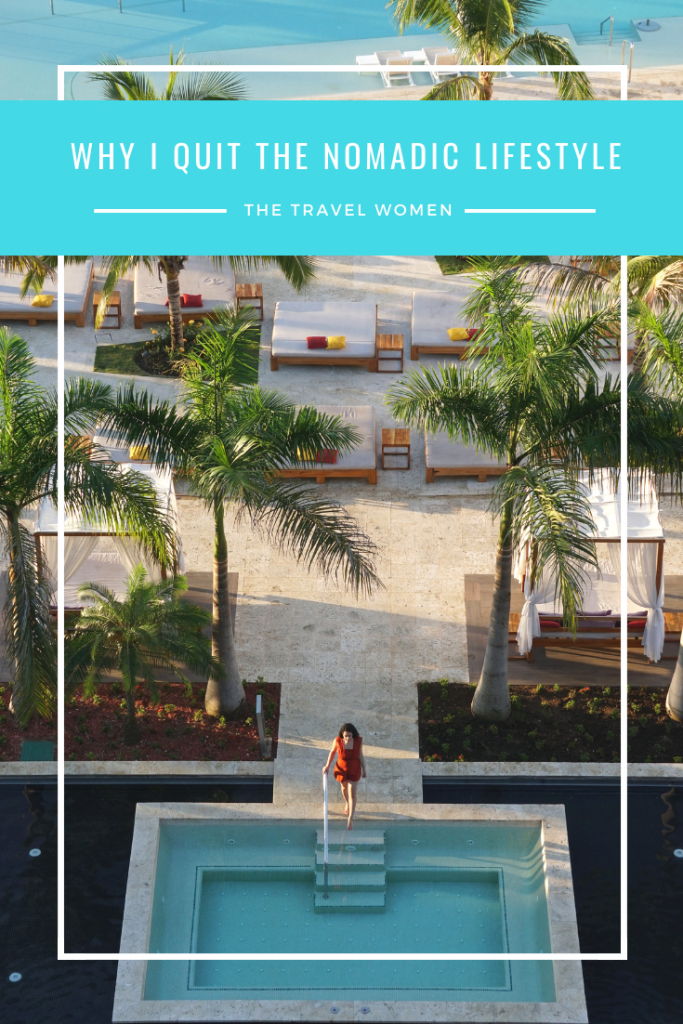
The post Why I Quit the Nomadic Travel Lifestyle appeared first on The Travel Women.